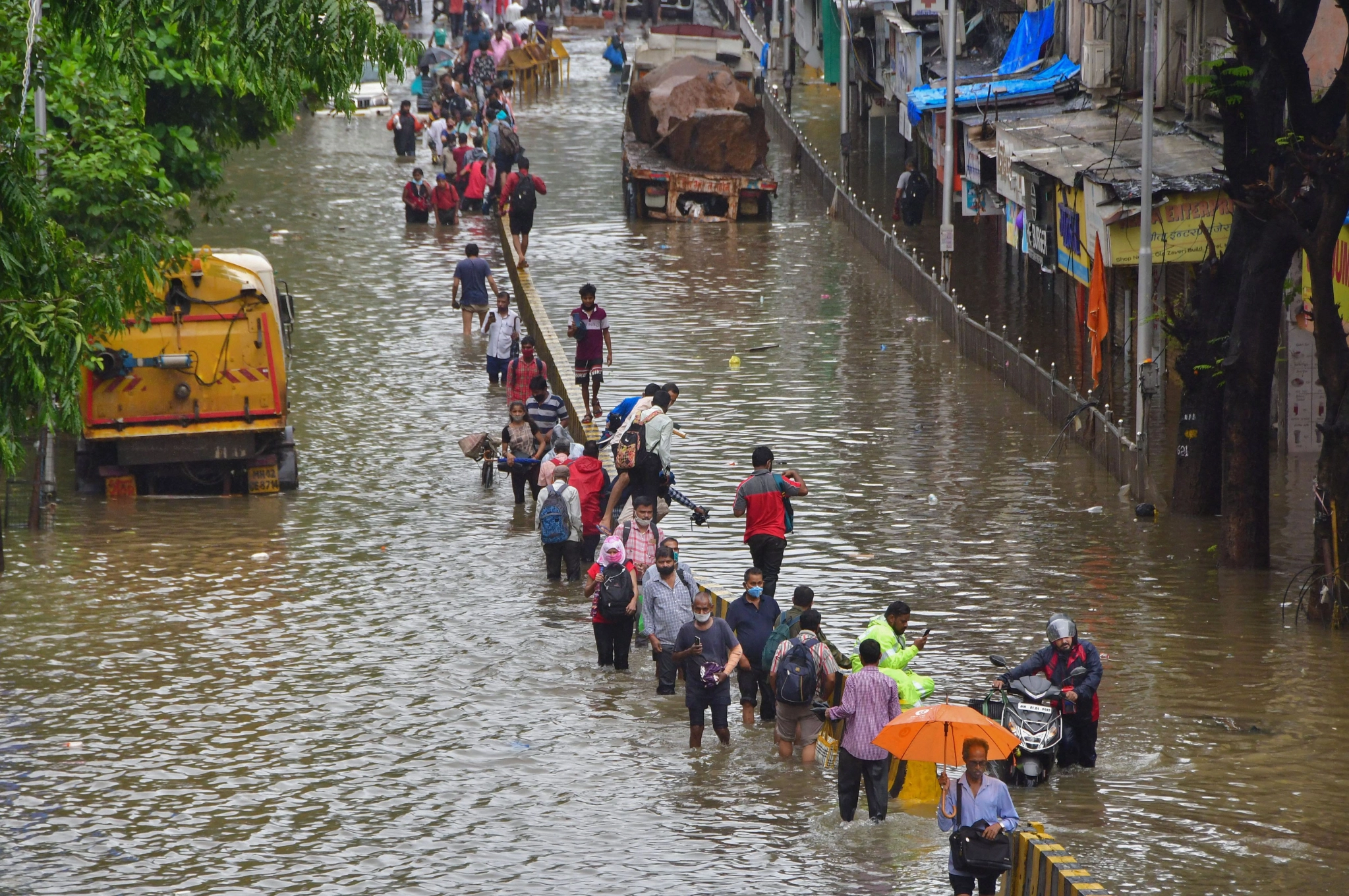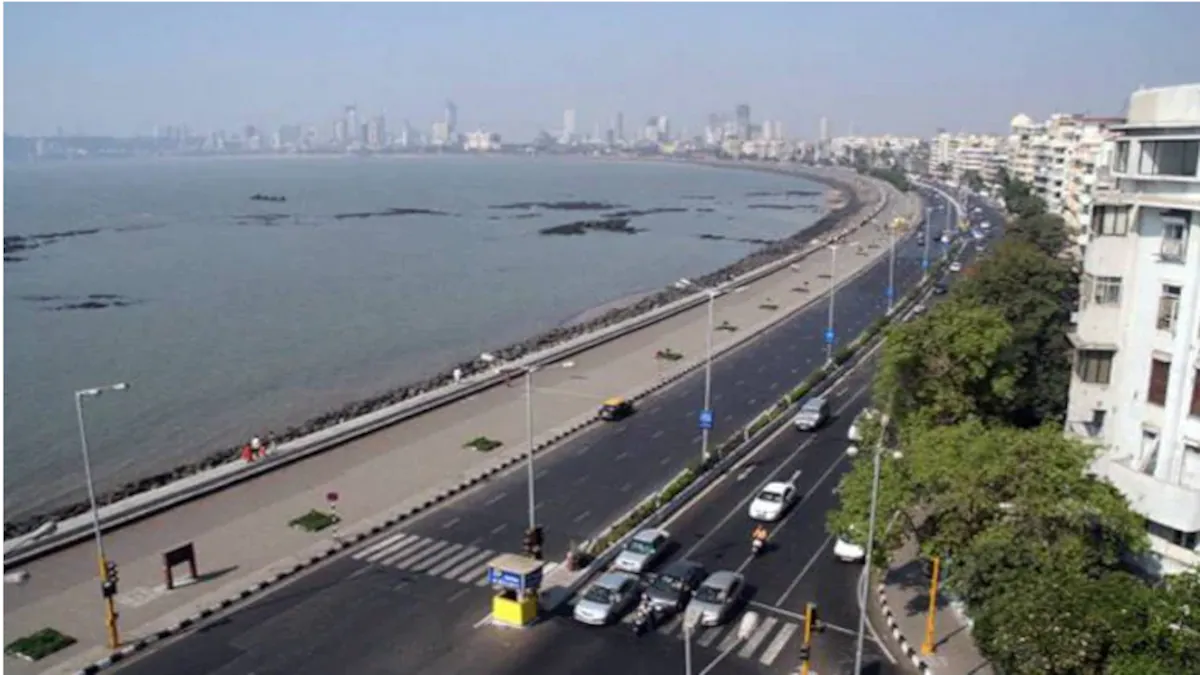After Mumbai got added as part of the C40 cities taking bold steps against climate change, the financial capital of the country is all set to launch its own Climate Action Plan by October this year.
C40 cities are a group of 97 world’s greatest cities endeavouring to build a safe and sustainable future. Mumbai got a place in the last year after its application in December 2020.
According to the Deccan Herald, Maharashtra’s Environment, Tourism, and Protocol Minister Aaditya Thackeray said, “We are committed to being a leader in climate change mitigation and adaptation action and will initiate the process for other cities in Maharashtra as well.”

Following the responsibility that comes with being one of the C40 cities in the world, Mumbai has been engaged with preparing a Climate Action Plan and has announced its launch in the next month.
At the launch event in the last week of August, Municipal Commissioner Iqbal Chahal commented upon the urgency of the coming climate catastrophe and how it cannot be delayed. In a widely recognized remark, he said “We’ve seen in maps that by 2050, 70 percent of A/B/C/D wards will be taken by the sea”.
Furthermore, he added, it would be “very dangerous,” he said, to ignore such signals of an upcoming disaster for the city and neglect climate planning: “It cannot be a number two priority.”

Nikhil Anand and Lalitha Kamath, renowned Anthropologist, and urban planner have foregrounded their suggestions in The Indian Express which would help the cause of this plan.
They asserted that “climate change planning is not a luxury” and each aspect of the city would need focus. Climate adaptation planning would need to take into account the lives of all the citizens during any natural hazards including cyclones, storm surges, and floods which have increased due to change in climate patterns.
They said, Aditya Thackeray’s decision to insist that “we need a climate lens for every decision in the city” — be it for buildings, land use or urban infrastructure is important.
Furthermore, they added that the Municipal Corporation should focus on the forests. “While climate mitigation and adaptation initiatives are separately identified across six sectors in the MCAP process, technocratic solutions recommended for one area need to be considered across other sectors for their impacts to be fully understood,” they wrote.
Anand and Kamath also foregrounded the significance of inclusivity. One holistic plan concerning only a certain section of society will not help everyone. Different socio Economic strata face different outrages of the climate, hence their interests are also to be kept in the account.

Moreover, they added that the plan would be of use only if it targets the benefit of the majority of citizens.
“Therefore, if the main goal of the MCAP is to increase the ability of the city to withstand environmental disasters in the present and near future, then it can only succeed if it ensures that all residents, particularly the city’s most vulnerable, can secure safe, healthy and resilient housing, public space and urban infrastructure in the city.
This is very ambitious, no doubt. But that is also what makes it worth doing,” wrote Anand and Kamath in the column which first appeared in the print edition of The Indian Express on September 10, 2021, under the title ‘Helping Mumbai weather change’.
Also Read :Environmental Minister Said That Air Quality Has Improved In 104 Cities In India In 2020
















